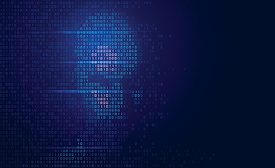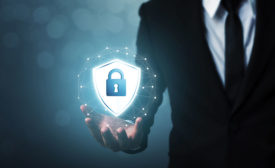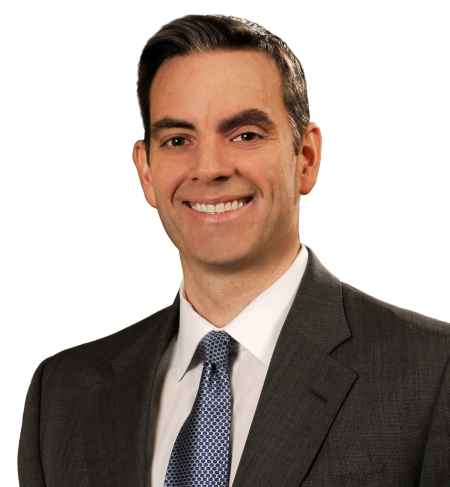Management
Safety and Security - Top Priority at Fort Worth, Texas ISD
At the Fort Worth, Texas Independent School District, safety is a top priority.
March 10, 2020
Sign-up to receive top management & result-driven techniques in the industry.
Join over 20,000+ industry leaders who receive our premium content.
SIGN UP TODAY!Copyright ©2024. All Rights Reserved BNP Media.
Design, CMS, Hosting & Web Development :: ePublishing


















